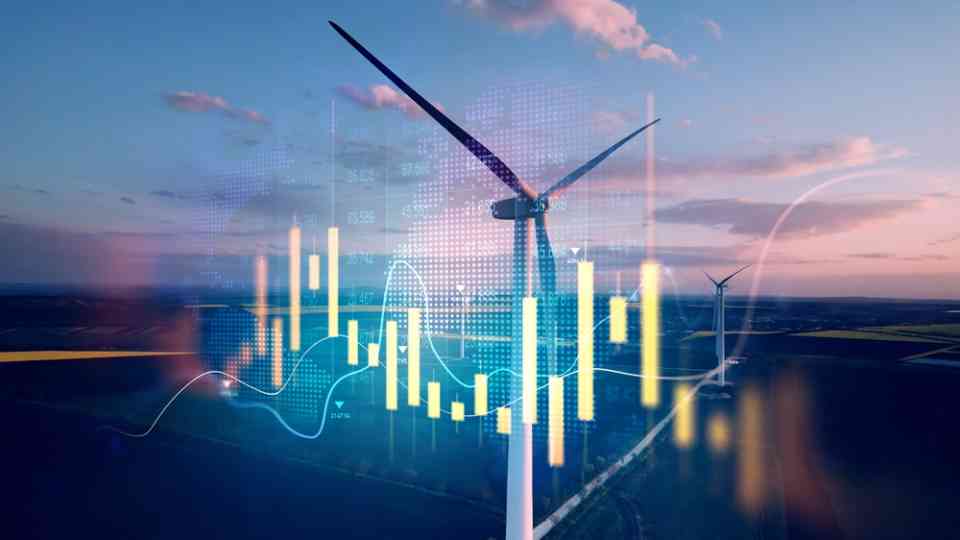Global Energy Transition Progress Faces Economic Challenges

The World Economic Forum’s 2024 Fostering Effective Energy Transition report highlights record highs in Energy Transition Index (ETI) scores worldwide. Despite this, economic instability, geopolitical tensions, and technological changes have decelerated the transition.
The report, created in collaboration with Accenture, indicates that out of 120 countries surveyed, 107 have advanced in their energy transition over the past decade. Leading the ETI are advanced economies such as Sweden, Denmark, Finland, and Switzerland, with France joining the top five due to successful energy efficiency measures, reducing energy intensity by 12%.
Although the top 10 countries account for only 2% of the global population and 1% of energy-related CO2 emissions, significant progress is also noted in emerging economies like China and Brazil. China, for instance, added as much solar photovoltaic capacity in 2023 as the world did in 2022, while Brazil’s strategic focus on hydropower and biofuels has attracted considerable investment.
Lebanon, Ethiopia, Tanzania, Zimbabwe, and South Africa are among the developing nations making notable strides in their energy transition efforts. These countries have emphasized reducing fossil fuel subsidies, decentralizing renewable energy, and increasing clean energy jobs.
Key traits of the leading countries include diverse energy sources, improved energy intensity, a growing share of clean energy, carbon pricing mechanisms, and supportive regulations. Estonia, Ethiopia, and Lebanon have shown the most rapid improvements in the last five years by prioritizing off-grid renewable energy to enhance access and sustainability.
Despite ongoing progress, the 2024 report reveals a slowdown in transition momentum, with the three-year compound annual growth rate (CAGR) decreasing to 0.22%. The uptake of clean energy investments remains insufficient to achieve net-zero emissions by 2050, especially regarding energy efficiency, system electrification, and low-carbon energy sources.
Economic factors such as inflation and high interest rates have led to tighter energy markets and higher prices, posing challenges for lower-income communities and developing nations to invest in sustainable energy solutions. Geopolitical tensions have further impacted the transition, with some countries prioritizing security over sustainability. For example, Germany increased coal-based production by 35% in 2022 compared to 2020 to reduce its dependence on Russian gas.
In the United States, despite strong growth in ETI scores driven by legislation like the Inflation Reduction Act, delays in connecting clean energy projects to the grid have hindered the transition pace. The report emphasizes the disparity in transition momentum between emerging economies and advanced economies, which account for almost 85% of clean energy infrastructure investment.
Digital innovations, such as generative AI, present significant opportunities for the energy sector. Accenture’s research suggests these technologies could save over $500 billion annually. While they will increase electricity demand, they also offer new investment opportunities to enhance global energy and security amidst a complex macroeconomic and geopolitical landscape.
The report underscores that each country faces unique challenges based on its economic status, energy mix, and geographic location, making a one-size-fits-all solution impractical. Nonetheless, achieving a balance of equity, sustainability, and security is essential, though only 20 countries improved across all three metrics in the past year.
Have you read?
Impact of Titles on Your Executive Career – Negotiating Job Titles and more!
5 Reasons being dog friendly is very good for business.
Do you want to change things in your organization? Perhaps it begins with changing how you think.
Would Your Team Win Olympic Gold in Paris?
Mastering Leadership- How Clear Expectations Drive Success.
Bring the best of the CEOWORLD magazine's global journalism to audiences in the United States and around the world. - Add CEOWORLD magazine to your Google News feed.
Follow CEOWORLD magazine headlines on: Google News, LinkedIn, Twitter, and Facebook.
Copyright 2025 The CEOWORLD magazine. All rights reserved. This material (and any extract from it) must not be copied, redistributed or placed on any website, without CEOWORLD magazine' prior written consent. For media queries, please contact: info@ceoworld.biz











